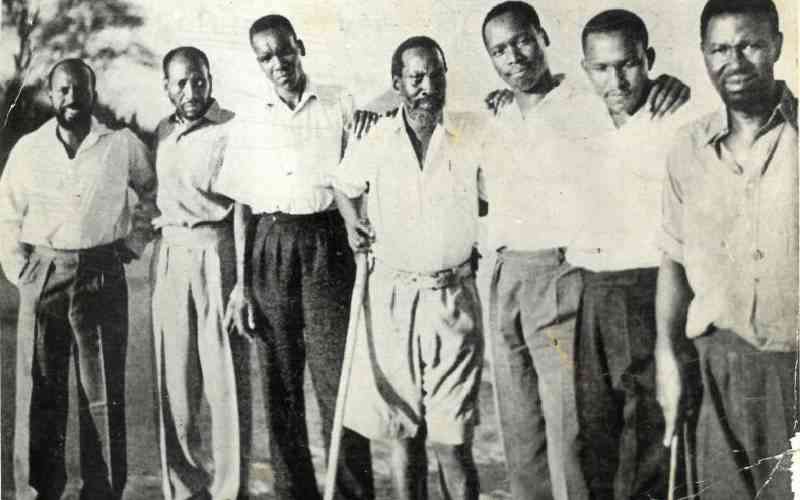×
The Standard e-Paper
Stay Informed, Even Offline

When it comes to spying, British intelligence has no equal. Their agents are notorious for deploying a thousand ways, at times discreetly shadowing their subjects to the ends of the earth, just to satisfy the curiosity of His Majesty's Government.
Kenyatta's first travel to London in 1929 to present a petition by the Kikuyu Central Association, was a subject of great interest to the colonial authorities. He was discretely followed by spies who monitored all his moves and contacts.